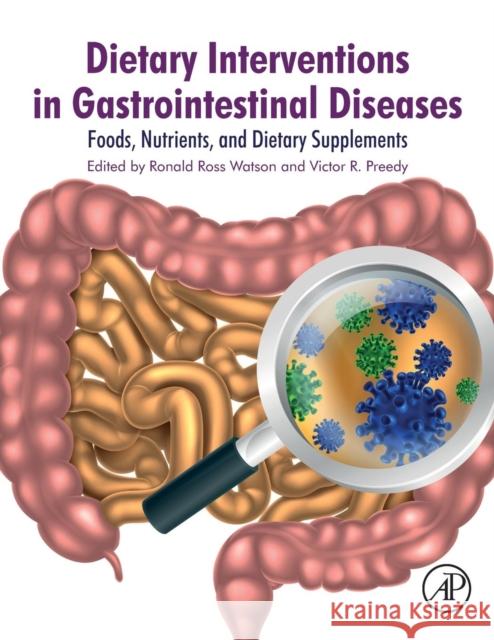Dietary Interventions in Gastrointestinal Diseases: Foods, Nutrients, and Dietary Supplements » książka
topmenu
Dietary Interventions in Gastrointestinal Diseases: Foods, Nutrients, and Dietary Supplements
ISBN-13: 9780128144688 / Angielski / Miękka / 2019 / 358 str.
Kategorie BISAC:
Wydawca:
Academic Press
Język:
Angielski
ISBN-13:
9780128144688
Rok wydania:
2019
Ilość stron:
358
Waga:
0.74 kg
Wymiary:
27.99 x 21.59 x 1.7
Oprawa:
Miękka
Wolumenów:
01











